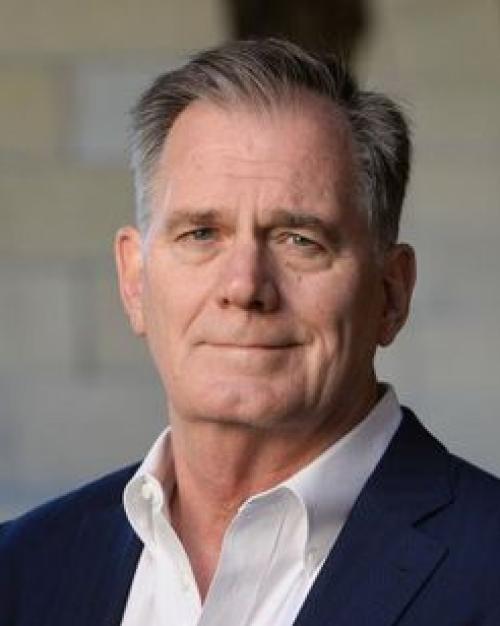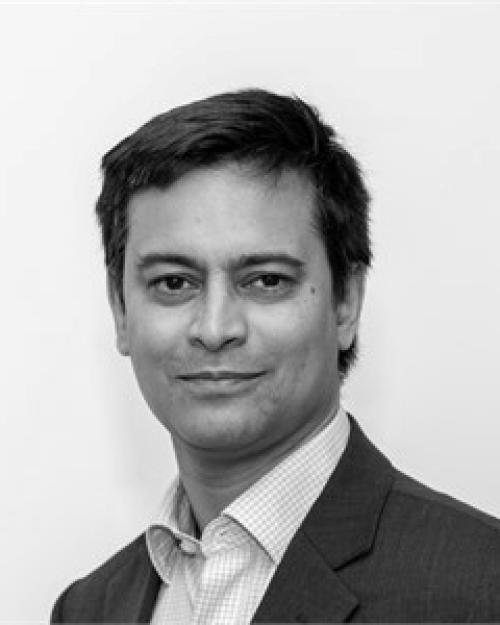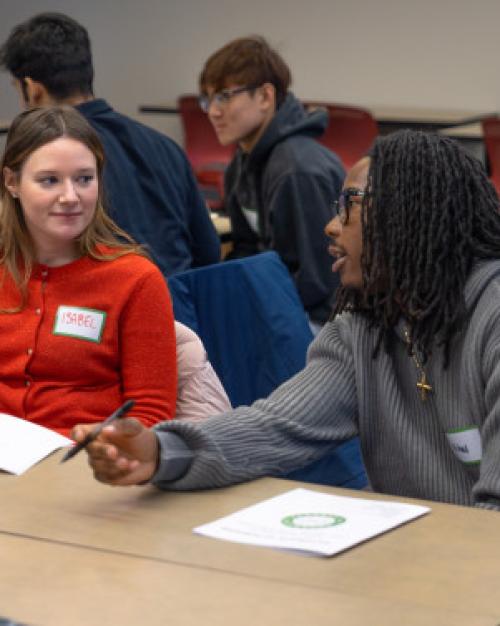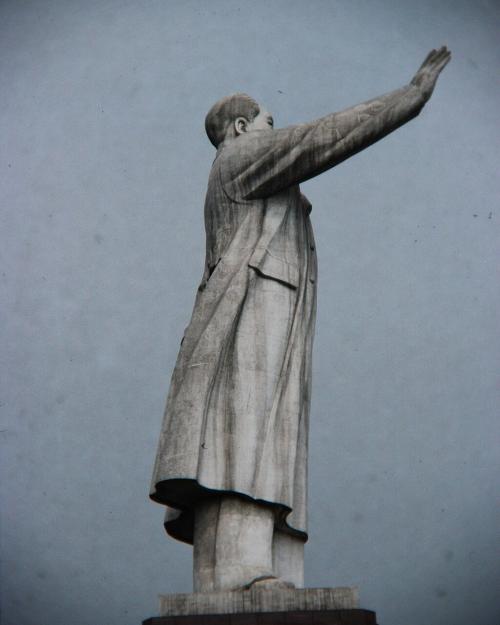A series of lectures — two in each semester — will focus on “Unmasking the CCP: History, Politics, and Society in Post-1949 China."
The first lecture will feature Andrew Walder, the Denise O'Leary & Kent Thiry Professor at Stanford University, speaking about “China Under Mao: A Revolution Derailed.” It will take place from 4:45 to 6:15 p.m. March 7 in Room 120 of the Physical Sciences Building.
The event will be livestreamed on eCornell. Register here to attend that livestream.
“Our Cornell community relishes the opportunity to leverage deep historical knowledge, rooted in all the nuance and complexity of a particular place and time period, and apply that increased understanding to help inform how we think about the world today,” said Rachel Beatty Riedl, director of the Mario Einaudi Center for International Studies, one of the sponsors of the event. “At every turn, we are reminded of how necessary it is to learn from the past, in order to look forward. This lecture series provides a much-needed analytical depth and empirical foundation, to inform discussions of the Chinese Communist Party and Maoist revolutionary period, and to spark new insights and perspectives.“
Riedl is the Einaudi Center’s John S. Knight Professor of International Studies and a professor in the Department of Government, in the College of Arts and Sciences (A&S), and in the Cornell Jeb E. Brooks School of Public Policy.
During this first talk, Walder will examine the rise and fall of Mao Zedong’s revolutionary state from 1949 to 1976, considering the following questions: What were the distinctive accomplishments and failures of that revolutionary period? And what drove Mao Zedong’s motivations in launching the Great Leap Forward and the attack on his own party-state during the Cultural Revolution?
Walder is a senior fellow in the Freeman Spogli Institute for International Studies. His research has spanned from the socio-economic organization of early Mao-era China to the political mobilization of the late 1960s, and the subsequent collapse and rebuilding of the Chinese party-state. His focus also extends to post-Mao China, analyzing patterns of stratification, social mobility and inequality. He has received fellowships and grants from the Guggenheim Foundation and the National Science Foundation and is a member of the American Academy of Arts and Sciences and a Guggenheim fellow.
The other event this spring will be “Money, Morale and Mayhem: Economic and Emotional Landscapes in the Formation of Revolutionary China, 1946-1949,” a talk by Rana Mitter, the S.T. Lee Professor of U.S.-Asia Relations at the Harvard Kennedy School. That talk is set for 4:45 p.m. April 10, also in Room 120 of the Physical Sciences Building.
Fall 2024 talks will include:
- “The Gilded Cage: Techno-State Capitalism in China,” a talk by Yawen Lei, professor of sociology at Harvard University
- “Chinese capitalism plurality of production regimes: The case of the garment industry,” a talk by Gilles Guiheux, professor of history & sociology at Université de Paris, France
The lecture series is sponsored by the East Asia Program, part of the Mario Einaudi Center for International Studies; the departments of history, government and Asian studies; the Charles H. Dyson School of Applied Economics and Management, the Society for Humanities, Cornell External Education, eCornell and Cornell IT.






